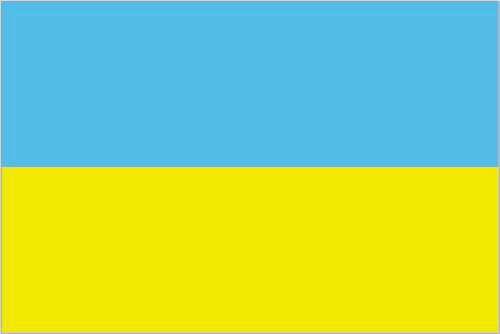
Source: World Bank
Meeting and Greeting
- Ukrainian businesspeople are generally less formal than in many other countries.
- Shake hands with everyone upon arriving and leaving.
- Handshakes are quite firm.
- Maintain eye contact during the greeting.
- It is common to repeat your name while shaking hands.
- Academic and professional titles are commonly used with the surname.
- If someone does not have an academic or professional title, use the honorific "Pan" for a man and "Pani" for a woman with the surname.
- Most business colleagues refer to each other by first name and patronymic. (Middle name which is a version of the father’s first name formed by adding "-vich" or "-ovich" for a male and "-avna", "-ovna", or "ivna" for a female.)
- When using someone's complete name, including the patronymic, the honorific title is not used.
- The way someone is addressed often depends upon the situation. Titles and surnames are used in meetings and may give way to first names or diminutives in social situations.
- Business cards are exchanged without ritual.
- Have one side of your business card translated into Ukrainian.
- Include advanced university degrees on your business card.
- Present your card so the Ukrainian side faces the recipient.
- If someone does not have a business card, note the information in your appointment book or portfolio.
Communication Style
Although direct communication is valued in the Ukraine, there is also an emphasis placed on delivering information in a sensitive manner. Often, the level of the relationship will determine how direct someone is. Obviously the newer a relationship, the more cautious people will be. Once a relationship has developed, people will then feel more comfortable speaking frankly.
Business Meetings
Meeting schedules are not very rigid in the Ukraine. There may be an agenda, but it serves as a guideline for the discussion and acts as a springboard to other related business ideas. As relationships are highly important in this culture, there may be some time in the meeting devoted to non-business discussions. Engage in small talk and wait for the other party to change the subject to business.